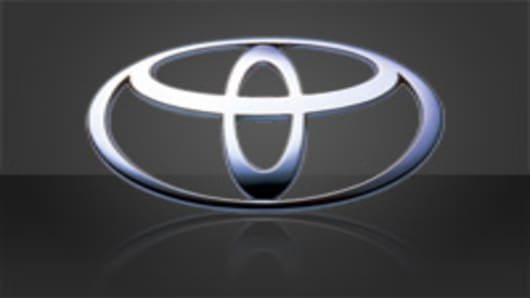I've said it for some time, and will continue to say it to anyone who asks.
The flexibility Asian automakers have to build different vehicles in different plants is the reason they'll ride out this tough time better than the Big 3. Case in point: Toyota .
Today the Japanese automaker said it will now build its red-hot Prius hybrid at its new plant in Tupelo, Mississippi, shift the Highlander SUV from that plant to its plant in Princeton, Indiana where it will take the place of assembly space currently used by the Tundra pick-up. In the future all Tundra's will be built at Toyota's plant in San Antonio.
The move comes the same day Toyota is announcing it will suspend Tundra and Sequoia production at the San Antonio and Princeton plants, because the company has a glut of those models. Just as the Big 3's big SUV's and trucks are hard to move right now, so too are Toyota's. The Japanese automaker won't be laying off roughly 4,000 workers at the two plants. They will still get paid and focus on other "non-assembly" work.
These moves show that all automakers, not just the Big 3 are being forced to adjust their SUV and truck schedules because of the massive slowdown in sales. But unlike Detroit's automakers, Toyota is not closing plants because it has the flexibility in it's plants to shift to trucks/SUVs to cars/hybrids. Roughly 75% of the Asian automaker plants in the U.S. are flexible, compared with roughly 35% of the domestic plants.
The Prius moving into the Tupelo plant is important since it signals how much growth Toyota expects from it's hybrid. And in the future, that plant will have the flexibility to add other models into the plant, especially if Toyota expands the Prius line-up, as many expect to happen.
Flexibility. For years Asian auto execs have preached its values. Now they are showing just how valuable it can be in a slow market.
Questions? Comments? BehindTheWheel@cnbc.com



